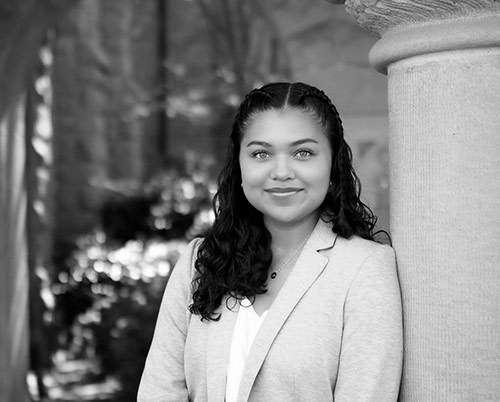SHI to expand library programming for children
Sealaska Heritage Institute Press Release
SHI TO EXPAND LIBRARY PROGRAMMING FOR CHILDREN
Move stems from successful ...
Stanford student wins 2023 Judson Brown scholarship
Sealaska Heritage Institute Press Release
STANFORD STUDENT WINS 2023 JUDSON BROWN SCHOLARSHIP
Program honors students with ...
SHI to offer community of practice program to support Alaska Native teachers
Sealaska Heritage Institute Press Release
SHI TO OFFER COMMUNITY OF PRACTICE PROGRAM TO SUPPORT ALASKA ...
Seaweed concerns prompt Native groups, scientists to meet, map out plan of action
Sealaska Heritage Institute Press Release
BLACK SEAWEED CONCERNS PROMPT NATIVE GROUPS, SCIENTISTS TO MEET, MAP ...
SHI to sponsor summer lecture series on Southeast Native languages, community strength
Sealaska Heritage Institute Press Release
SHI TO SPONSOR SUMMER LECTURE SERIES ON SOUTHEAST NATIVE LANGUAGES, ...
Ten educators recognized for distinguished service in schools, communities
Sealaska Heritage Institute Press Release
TEN EDUCATORS RECOGNIZED FOR DISTINGUISHED SERVICE IN SCHOOLS, COMMUNITIES
Honors given ...
Sealaska Heritage digitizes, posts Celebration 2016
Sealaska Heritage Institute Press Release
SEALASKA HERITAGE DIGITIZES, POSTS CELEBRATION 2016
Video series shows eighteenth Celebration, ...
Sealaska Heritage digitizes, posts Celebration 2014
Sealaska Heritage Institute Press Release
SEALASKA HERITAGE DIGITIZES, POSTS CELEBRATION 2014
Video series shows seventeenth Celebration, ...
Sealaska Heritage digitizes, posts Celebration 2012
Sealaska Heritage Institute Press Release
SEALASKA HERITAGE DIGITIZES, POSTS CELEBRATION 2012
Video series shows sixteenth Celebration, ...
Westmoreland hired as TCLL’s first principal
Sealaska Heritage Institute Press Release
ELDRI WESTMORELAND SELECTED TO LEAD TCLL
Tlingit educational leader will serve ...

